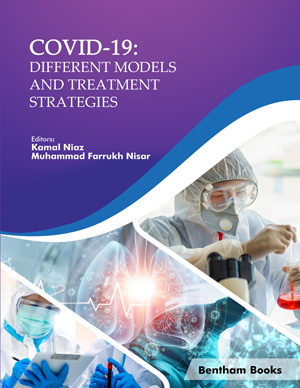Abstract
An HIV vaccine remains elusive despite the concerted efforts of investigators and clinicians over the past two decades. Animal models are regularly used to obtain new insights on disease pathogenesis and have become invaluable tools in the translation of treatments from basic research laboratories to the clinic. Vaccination of macaques with live, attenuated simian immunodeficiency virus is currently the most effective method of garnering protection against subsequent pathogenic SIV challenge. However, immunization of humans with live, attenuated HIV is not feasible due to safety concerns. Therefore, clues to an effective and safe vaccine against HIV may be found by studying immune correlates of protection in the live, attenuated, vaccinated macaque model. Previous studies have identified the immune correlates of protection against Friend retrovirus in live, attenuated vaccinated mice using allogeneic adoptive transfers. Similar experiments in macaques have thus far been hindered due to the vast genetic diversity found within outbred populations. Here we review the current state of SIV adoptive transfer research and present a novel macaque model that allows for allogeneic adoptive transfers.






















